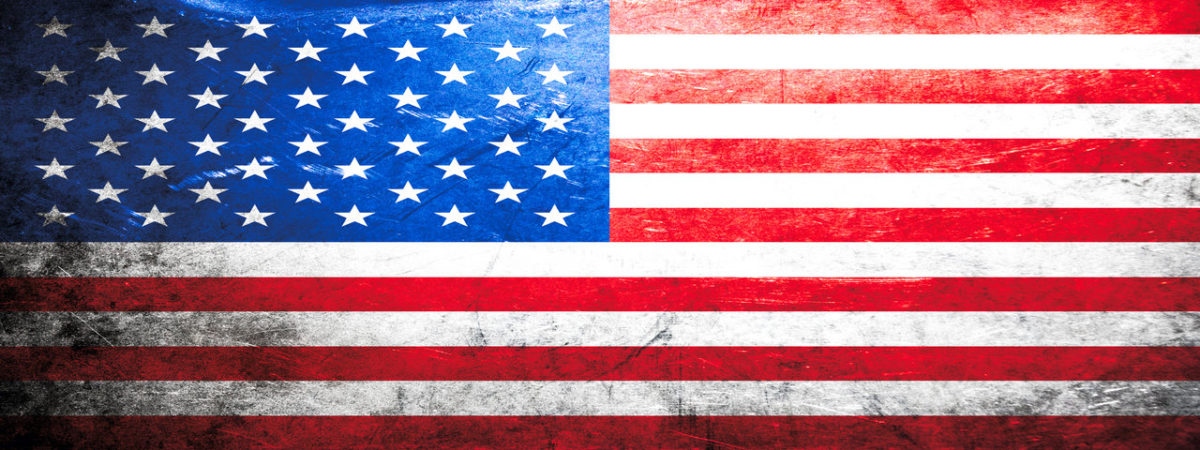Brown’s policies taking heavy toll on economic freedom
SUGGESTED

Interventionist policies are undermining the growth potential of the US economy

The value of money would be more predictable in the long term

Increasing government intervention threatens Britain's long-term prosperity
In a sharp fall, the United Kingdom’s rank has dropped from 5th to joint 9th (with Australia) since last year. The UK has been overtaken by Chile, Ireland, the United States, and Canada.
The country’s overall score has dropped from 8.02 to 7.89. This reflects falls in the rating for ‘Legal structures and security of property rights’, ‘Freedom to Trade Internationally’ and ‘Regulation of Credit, Labor and Business’ – essential components of a successful market economy.
The report is based on data from 2007, which means the UK’s position could now be even worse, particularly given a dramatic increase in the level of state intervention following the financial crisis.
The following are the UK’s scores in key components of economic freedom (from 1 to 10, where a higher value indicates a higher level of economic freedom):
• Legal structures and security of property rights: declined from 8.69 to 8.37
• Access to sound money: declined from 9.40 to 9.34
• Freedom to trade internationally: declined from 7.77 to 7.56
• Regulation of credit, labour and business: declined from 7.47 to 7.35
• Size of government: improved slightly from 6.64 to 6.67
Hong Kong once again tops international rankings for economic freedom, with Singapore a close second and New Zealand in third spot.
Zimbabwe once again had the lowest economic freedom ratings of the 141 countries measured, followed by Myanmar (Burma), Angola and Venezuela.
The annual peer-reviewed report uses 42 different measures to create an index ranking countries around the world based on policies that encourage economic freedom. The cornerstones of economic freedom are personal choice, voluntary exchange, freedom to compete and security of private property.
Research shows that individuals living in countries with high levels of economic freedom enjoy higher levels of prosperity, greater individual freedoms and longer life spans.
The full report is available at www.freetheworld.com
ABOUT THE ECONOMIC FREEDOM INDEX
Economic Freedom of the World measures the degree to which the policies and institutions of countries are supportive of economic freedom.
This year’s publication ranks 141 nations representing 95% of the world’s population for 2007, the most recent year for which data are available. The report also updates data in earlier reports in instances where data have been revised.



